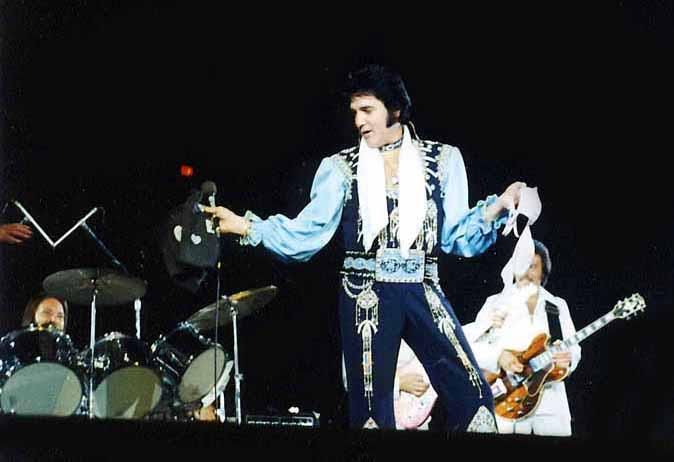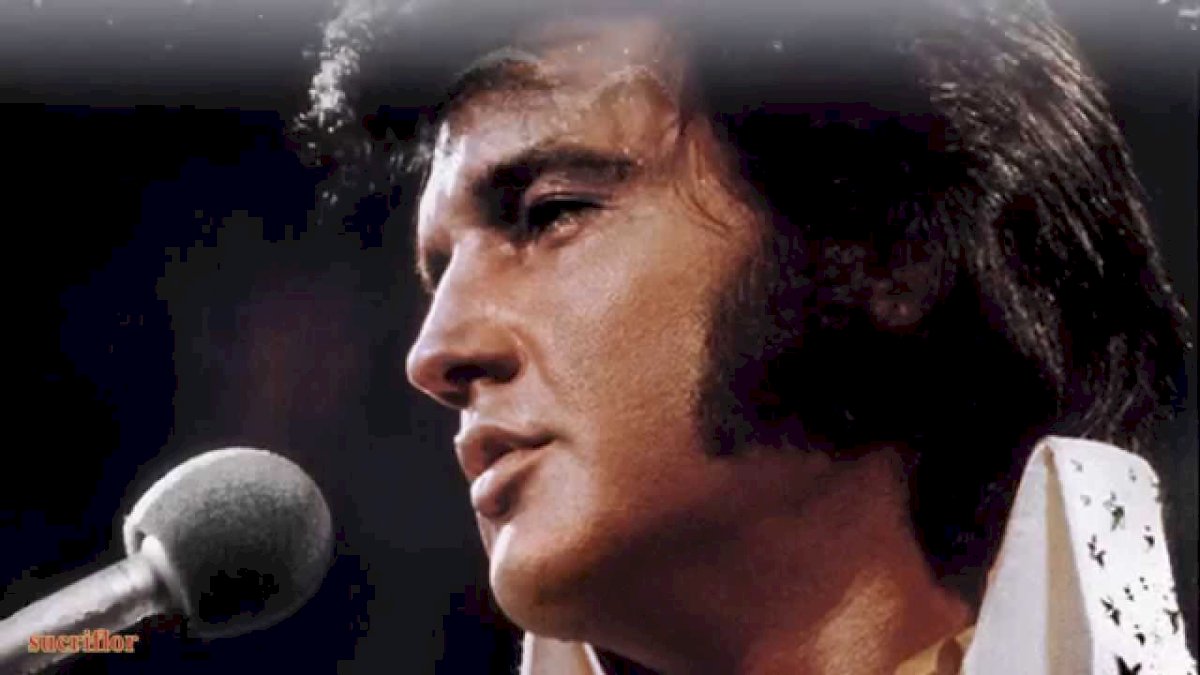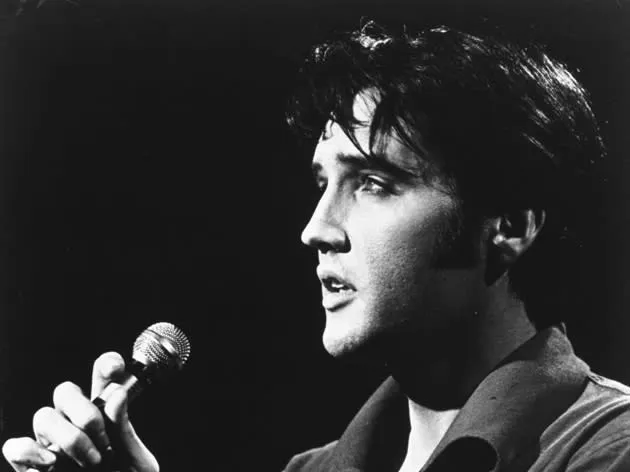Elvis Presley - The name evokes images of swiveling hips, electrifying performances, and a voice that sent shockwaves through the music industry. But before the screaming fans, the jumpsuits, and the global phenomenon, there was a simpler time: a time of three young men in Memphis, Tennessee, laying the foundation for what we now call rock and roll. This story belongs to Elvis Presley, Scotty Moore (guitar), and Bill Black (bass) – the legendary Blue Moon Boys.

Their journey began in 1954 at Sun Studio, owned by the visionary record producer Sam Phillips. Phillips was on a mission to capture a new sound, a blend of country and rhythm and blues that resonated with the youth. He saw potential in Elvis, a young truck driver with a captivating voice, but felt something was missing. Enter Scotty Moore, a seasoned guitarist known for his innovative fingerpicking style. Phillips brought Scotty in for a recording session with Elvis, hoping for a spark.
The spark ignited on July 5, 1954. While Elvis sang a ballad, Bill Black, a bassist known for his steady thump and playful personality, wandered in. Intrigued, Bill joined in with a walking bassline on a whim. The sound that emerged was unlike anything they'd heard before. Elvis's soulful vocals intertwined with Scotty's sharp picking and Bill's rhythmic bass, creating a raw energy that Phillips instantly recognized as something special.

This impromptu jam session marked the birth of the Blue Moon Boys. They weren't a polished act; their sound was rough, spontaneous, and infused with the spirit of Memphis's diverse music scene. Elvis, with his dynamic vocals and charismatic stage presence, was the undeniable frontman. Scotty's innovative guitar work provided the foundation and counterpoint, while Bill's steady bass anchored the sound and added a touch of humor with his playful antics.
Their early recordings at Sun Studio were a revelation. Tracks like "That's All Right" and "Mystery Train" showcased their unique blend of genres. Elvis's passionate vocals, infused with gospel and blues influences, soared over Scotty's driving guitar and Bill's thumping bass. These recordings weren't just catchy; they challenged the racial and cultural boundaries of the time. Black music, traditionally enjoyed primarily by African American audiences, was being infused with country influences and delivered by a white singer with a captivatingly different style.

The Blue Moon Boys quickly gained a local following. Their live performances were electrifying. Elvis, fueled by his natural charisma, would gyrate and shake onstage, captivating audiences with his energy. Scotty's fiery guitar solos added another layer of excitement, while Bill's playful stage presence kept the mood light. Their music resonated with teenagers, particularly young women, who were captivated by Elvis's unique charisma and the raw energy of the band.
However, the road wasn't always smooth. The Blue Moon Boys faced criticism for their unconventional sound. Traditional country fans found their music too loud and brash, while some white audiences were uncomfortable with the influence of black music. Despite these challenges, their popularity grew. Radio stations began playing their records, and they landed a coveted spot on the popular radio show "Louisiana Hayride." Their success paved the way for a new genre, one that would soon sweep across the nation.

In 1954, DJ Fontana joined the group on drums, solidifying their sound. However, tensions arose within the band as Elvis's star began to rise. Management decisions and financial disputes ultimately led to the disbanding of the Blue Moon Boys in 1958. While their time together was short-lived, their impact on music history is undeniable.
The Blue Moon Boys were the architects of the rock and roll sound. Their raw, energetic performances and innovative blend of genres created a blueprint for future generations of musicians. Elvis's undeniable talent, Scotty's groundbreaking guitar work, and Bill's rhythmic foundation laid the groundwork for a musical revolution.

Their legacy extends far beyond their chart-topping hits. They helped break down racial barriers in music, blurring the lines between genres and paving the way for a more inclusive soundscape. The Blue Moon Boys may not have received the same level of fame as Elvis, but their contribution to the birth of rock and roll is undeniable. They were the spark that ignited a musical firestorm, forever changing the landscape of popular music.















